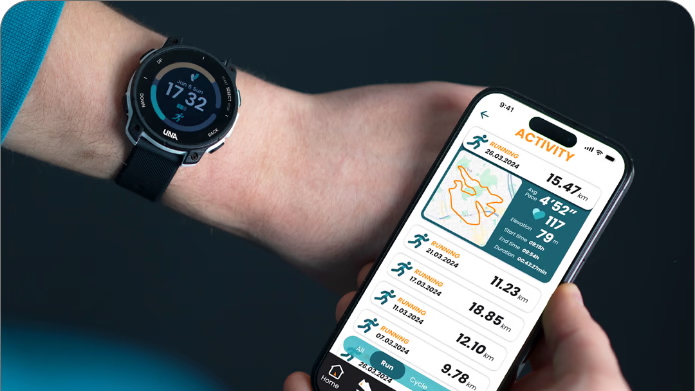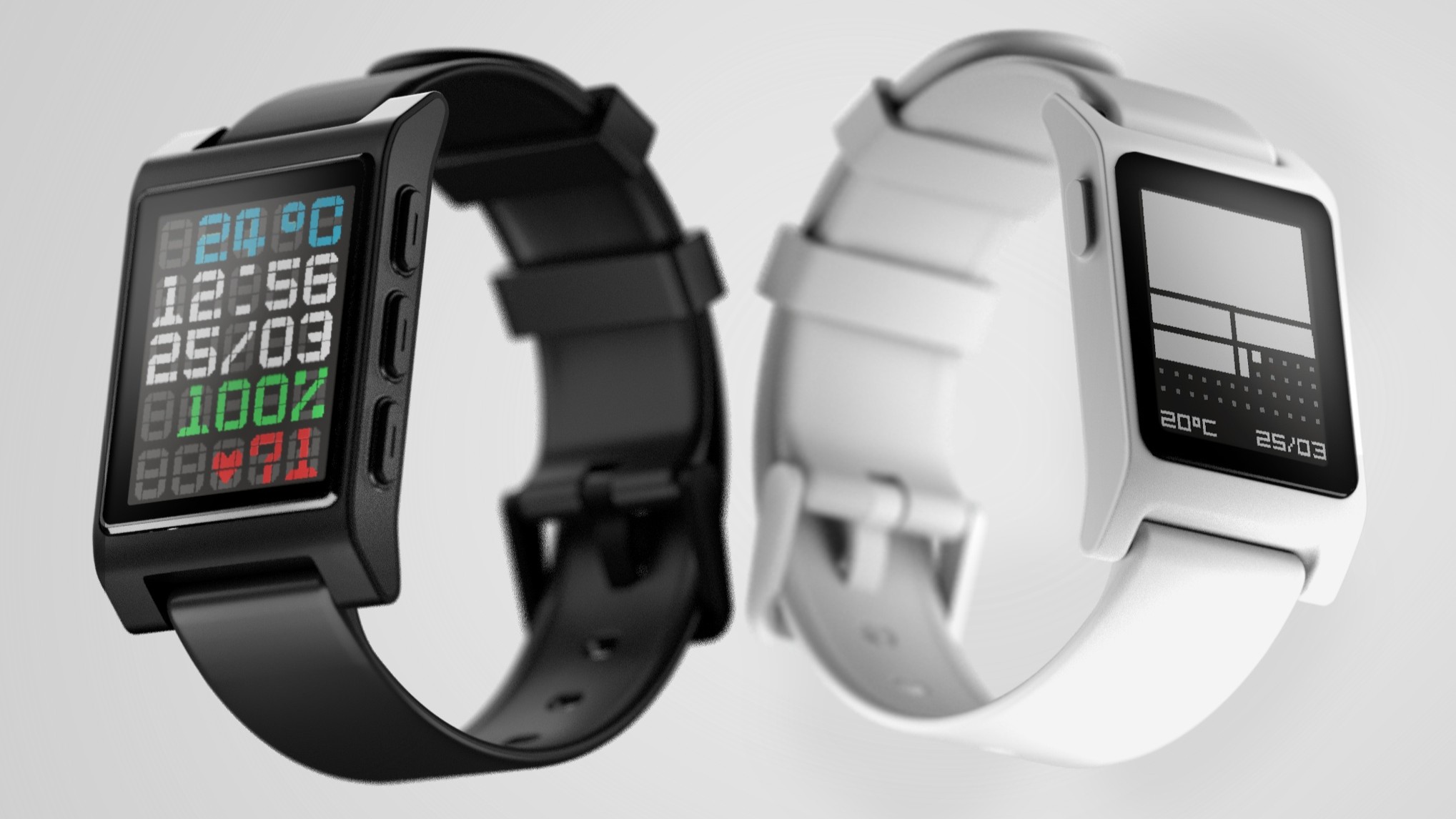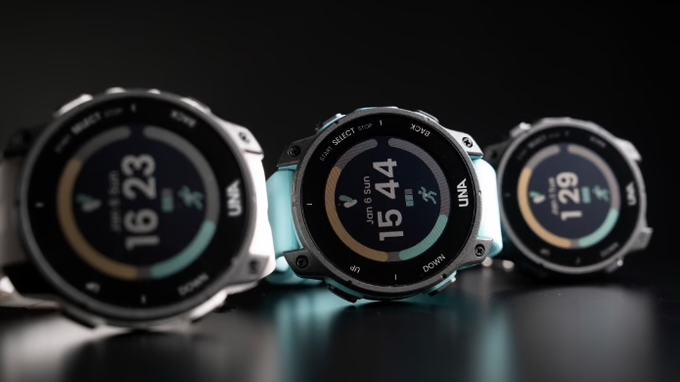Only a few weeks after preorders opened for the rebooted Pebble Core watches, Scottish indie brand UNA kickstarted “the world’s first” repairable & upgradable GPS sports watch: the UNA Watch. And I’m basking in this sudden new trend of open-source watches as the big-name brands trend toward subscriptions.
The UNA Watch Kickstarter lists out its features: continuous heart rate, blood oxygen, steps, and floors climbed in normal settings, plus fitness features like HR zones, pace, laps, and (after launch) downloadable GPX routes. It has dual-frequency GPS and 10-day battery life.
Interestingly, it runs on the same Cortex-M33 coprocessor found in the Pixel Watch 3, only without the battery-guzzling Snapdragon.

I appreciate that the UNA Watch charges with a simple USB-C slot instead of a proprietary cable and that you’ll be able to buy modular upgrades like music storage or a mic/speaker combo and install them yourself. It also won’t have any subscription.
You can even buy the dev tool for an extra $40 to add your own apps and firmware!
Pebble is much less fitness-focused, making UNA a better fit for my lifestyle. However, both share an open-source, enthusiast philosophy where people can code their own apps or add their own sensors as needed. In theory, the community will build up the UNA Watch’s limited feature set — just as Pebble asked its community for help developing new software.
My limited coding background makes it unlikely that I can help either community. But smartwatch brands have moved away from letting indie devs into their closed systems, to everyone’s detriment. That’s why devices like UNA and Pebble are so important and have me excited to buy into their communities.
UNA and Pebble are fighting against the tide

I’ve reviewed almost every mainstream smartwatch brand out there today, and it feels like they’re all starting to converge on the same priorities.
Some wearable brands are honing in on offering medical-grade health tracking and adding new data points like blood pressure and glucose. Others, like Garmin, are going all-in on AI as a pretense to charge more for premium features with its Connect Plus subscription.
Basically, we’re entering the heavyweight era of smartwatches, where brands bring in doctors for more accurate data and squeeze LLMs onto your wrist. And while that’s exciting in its way, it doesn’t leave much room for experimentation — for smaller brands, tiny teams, or indie devs to try something new — because every watch needs a laundry list of features to compete.
Part of that is Apple’s fault. I’ve previously written about how Apple’s locked watch ecosystem forced wearable brands to focus on fitness and how brands like Pebble today can’t offer messaging, third-party app stores, or other smarts because of Apple’s restrictions. Until the EU forces Apple to open up its ecosystem, that won’t change (on iOS, at least).
That’s why I’m considering dropping money on the UNA Watch or Pebble Watch, even though they’re objectively less feature-packed than other watches on the market. To support brands that will go off the beaten industry path and try new things.
More modular smartwatches, please

I’ve seen other “hackable” watches recently like Spectra that count on their community to come up with exciting ideas. But the UNA Watch is especially intriguing to me, assuming it lives up to the brand’s promises.
I appreciate that you can take out the battery and replace it yourself. A lot of wearable tech isn’t repairable — especially smart rings — and when your watch naturally loses capacity, manufacturers would rather that you buy a new watch than keep your old device chugging along.
With the UNA Watch, you can unscrew everything yourself, either to replace things or add new features years later. Based on the Kickstarter comments, they’ll choose what new modules to make based on what the community asks for, such as the mic/speaker for Bluetooth calling.
Pebble originally tried letting people add “smart straps” to augment their watches after the fact. I feel like UNA follows that legacy, except that the modules will slot directly onto the watch itself. The question will be how many modules you’ll be able to add.
The UNA Watch Kickstarter will take place until May 2, with plenty of early-bird deals available to save $75 on the eventual list price. It’s expected to ship in August 2025. Meanwhile, if you’re more interested in Pebble, its new watches are also available for preorder now, with lower prices but a later scheduled release date of December 2025.